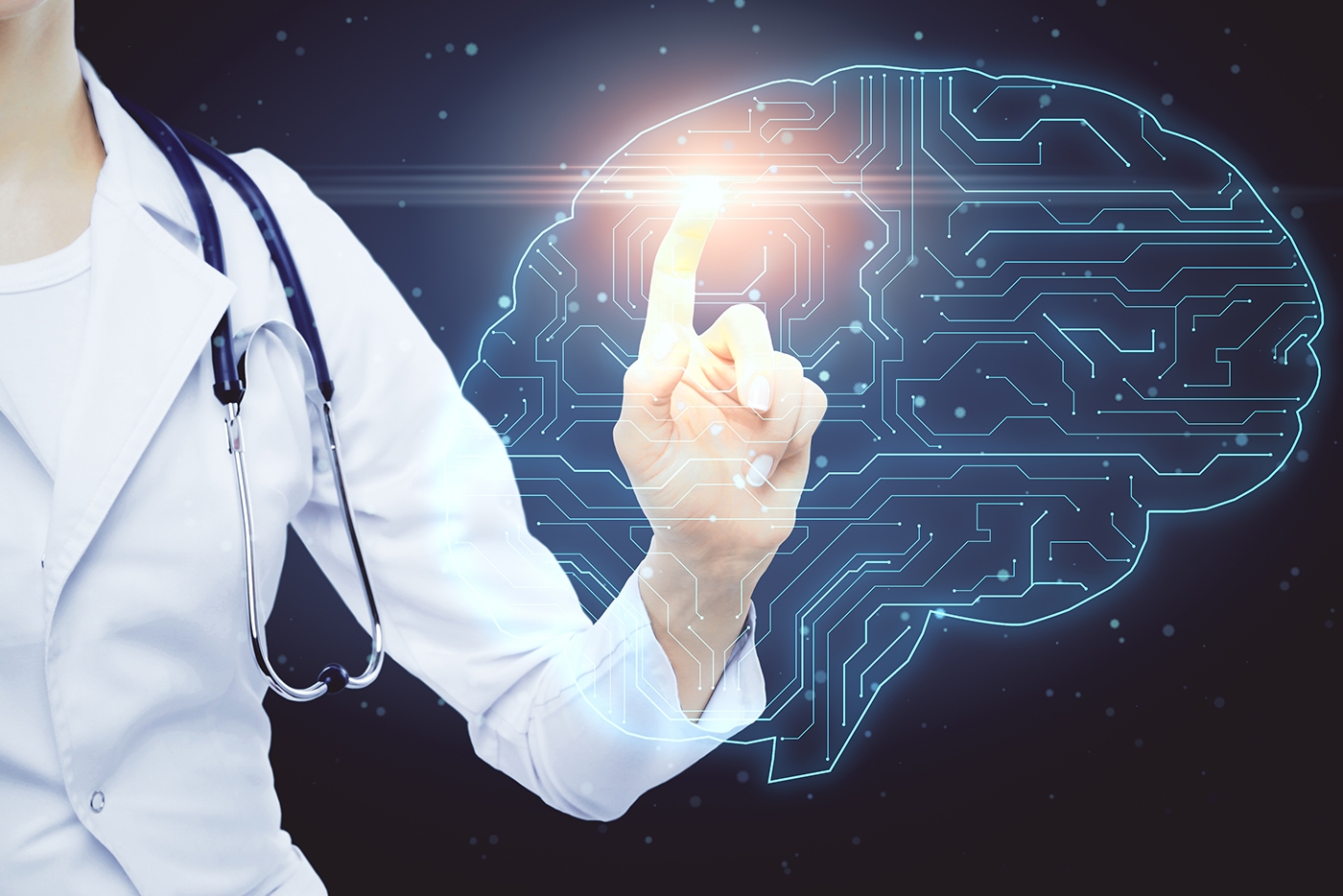
.- AI Revolutionizes Healthcare with Precision Diagnosis and Treatment.- AI Revolutionizes Healthcare with Precision Diagnosis and Treatment Artificial intelligence (AI) is rapidly transforming the healthcare landscape, enabling unprecedented precision in diagnosis and treatment. With its ability to analyze vast amounts of data and identify patterns, AI is revolutionizing the way healthcare professionals diagnose and manage diseases. Precision Diagnosis AI-powered diagnostic tools analyze patient data, including medical images, electronic health records, and genomic information. By identifying subtle patterns and deviations, AI algorithms can detect diseases earlier and more accurately than traditional methods. For instance, AI algorithms have been shown to diagnose conditions such as cancer, heart disease, and Alzheimer’s with remarkable accuracy. Personalized Treatment AI also plays a crucial role in tailoring treatment to individual patients. By analyzing patient-specific information, AI systems can help healthcare providers determine the optimal treatment plans. They can predict the effectiveness of different treatments, identify potential side effects, and monitor patient progress in real-time. Benefits of AI in Healthcare * Improved patient outcomes: Earlier and more precise diagnosis leads to timely intervention and better treatment results. * Reduced healthcare costs: AI-assisted diagnostics and treatment planning eliminate unnecessary tests and ineffective treatments. * Enhanced patient experience: AI tools streamline medical decision-making, reducing wait times and improving patient engagement. * Precision medicine: AI empowers healthcare providers with personalized treatment plans, maximizing the chances of successful outcomes. * Disease prevention: AI-based disease surveillance and risk prediction tools help identify individuals at high risk for certain conditions and facilitate preventive measures. Examples of AI in Healthcare * IBM Watson Health: Watson analyzes medical data and provides evidence-based treatment recommendations to healthcare professionals. * Google Health: Google Health uses AI to develop tools for early detection of eye diseases and skin cancer. * Arterys: Arterys provides AI-driven medical imaging solutions for cardiovascular and neurovascular conditions, enabling faster and more accurate diagnostics. Conclusion The integration of AI into healthcare is a transformative development that promises to revolutionize the way we diagnose and treat diseases. With its ability to analyze vast amounts of data and identify precise patterns, AI empowers healthcare professionals to make more informed decisions and provide more personalized and effective treatment. As AI continues to evolve, it is poised to reshape healthcare for the better, leading to improved patient outcomes, reduced costs, and a more proactive approach to disease management.
Posted inNews